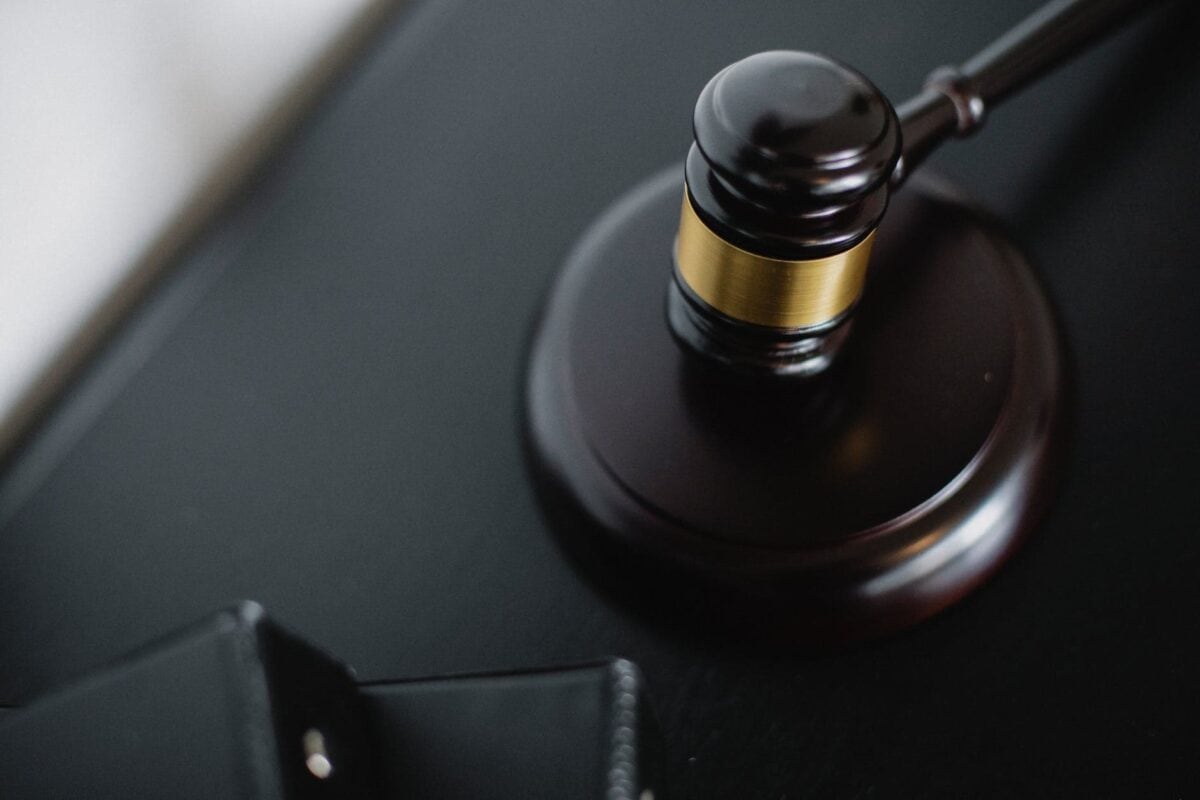October 26, 2020
Will Insurance Agents be the Next Target for COVID-Related Business Losses?

Emily Sides Bonds
Partner, Jones Walker LLPEmily is a partner in the Birmingham office of Jones Walker LLP. Emily is licensed in Alabama and Mississippi and has been handling professional liability litigation, including the defense of insurance agents and brokers, for 30 years.
Like some of you, I have been following decisions around the country relating to insurance coverage for COVID-related business losses with interest. Last week, I read an opinion of a federal district judge in my home state of Alabama denying coverage for an optometrist in Mobile for loss of business income due to the forced closure of the optometrists’ office. The decision was based upon the fact that there was no physical loss or damage to the optometrists office.
I believe that plaintiffs lawyers who represent clients with business interruption losses that are not covered or excluded by their insurance policies may look to the client’s insurance agent for relief. My sources in the insurance industry (who remain anonymous) report to me that they also believe there will be a significant uptick in this type of case in 2021.
Potential claims
What are the potential claims that creative plaintiffs lawyers will file against insurance agents? The first claim could be negligent procurement. In Alabama, negligent procurement is stated as: Once a prospective insured and a broker agree regarding the procurement of insurance, the broker has a duty to use reasonable care to effect coverage and may be liable for negligently failing to do so. Pate v. Rollison Logging Equipment, Inc., 628 So. 2d 337, 343 (Ala. 1993). The insured will likely allege that the insurance agent had a duty to procure a policy that included coverage for pandemic related business losses. The insured could also allege that the insurance agent had a duty to procure a policy covering business interruption losses that did not require physical loss or damage to property. I expect these insureds will likely allege they requested full coverage and that meant, yes, even coverage for an unforeseen global pandemic.
Other claims could take the form of misrepresentation or fraud. The insured may allege that the agent represented to the insured that he/she had full coverage. The claims might also be couched in terms of a suppression. For example, the insurance agent failed to disclose that the insured was effectively uninsured for a pandemic.
Woven into any such lawsuit will be allegations that the insurance agent was a fiduciary to the insured and, therefore, had a heightened duty to procure coverage that would protect the insured against COVID-related business losses.
Even if there was business interruption coverage available to the insured, there are likely to be allegations that the amount of coverage procured was insufficient.
Claims investigation
What issues should claims adjusters and lawyers analyze in evaluating these types of claims against the insurance agent?
As in all fact specific claims, the analysis begins with the relationship between the insurance agent and the insured. Claims adjustors and attorneys should seek answers to these questions:
- What is the length of the relationship between the insured and the insurance agent?
- What is the background, education, and experience of the insured?
- What are the types of policies that the insurance agent procured for the insured in the past?
- Did the insured have other insurance agents he/she used to procure policies?
- What was the course of dealing between the insurance agent and the insured?
- Did the insurance agent receive and maintain policies for the insured?
- Did the insurance agent regularly conduct meetings advising of coverages needed for the business? If so, how often were these meetings conducted? What documentation exists about the meetings?
- Did the insurance agent take to the market a request or demand for coverage that may have covered or not excluded the business interruption losses?
The answers to these questions will provide a road map for the claims adjustor and attorney in defending these claims. Specifically, these answers will determine whether there was a special or fiduciary relationship between the insured and the insurance agent. See Maloof v. John Hancock Life Ins. Co., 60 So. 3d 263, 273 (Ala. 2010).
Also, specifically for these cases, an important question will be whether coverage for COVID-related business losses was even available in the marketplace. Hopefully, the insurance agent who is being sued may have some knowledge on this subject. If not, then the claims adjuster or lawyer will have to consult with experts who have knowledge of the policies available pre-COVID for that particular business. The bottom line is that in most cases, there can be no negligent procurement of a policy of insurance that was unable to be procured at the time.
Particularly important in misrepresentation and suppression claims is the delivery of the policy at issue. The claims adjuster and attorney should inquire who delivered the policy, how it was delivered, and, most importantly, if proof of the delivery exists. Usually, there is a defense to a misrepresentation or suppression claim if the insured had in his/her possession the very document that would have explained the scope of the coverage obtained and any pertinent exclusions. See Maloof, 60 So. 3d at 271-272.
Conclusion
Insurance agents are likely to be the next target for businesses to attempt to recover their uninsured COVID-related losses. Claims adjusters and attorneys handling these claims should approach these claims carefully and establish facts to support a motion for summary judgment at an early stage in litigation, as juries may be sympathetic and want someone to blame for the business losses suffered by the insured.
If you have any questions or would like more information, please feel free to email me at ebonds@joneswalker.com.
News Type
PLUS Blog
Business Line
Other Business Lines
Contribute to
PLUS Blog
Contribute your thoughts to the PLUS Membership consisting of 45,000+ Professional Liability Practitioners.
Related Podcasts

The Precipice Episode 4
Introducing “The Precipice,” the podcast series dedicated to illuminating the horizon of…
Related Articles

Q1 Highlights: Top PLUS On-Demand Content
As we close out the first quarter of 2025, we’re looking back…

What’s Missing in Your Coverage? The Overlooked Role of Miscellaneous Professional Liability
Over the last several years, insurance agents and wholesalers have become hyper-focused…

Statute of Limitations Stands: Pennsylvania Court Affirms Dismissal of Breach of Contract Claim Against Insurance Broker
In a decision that is meaningful for both insurance brokers and the…
